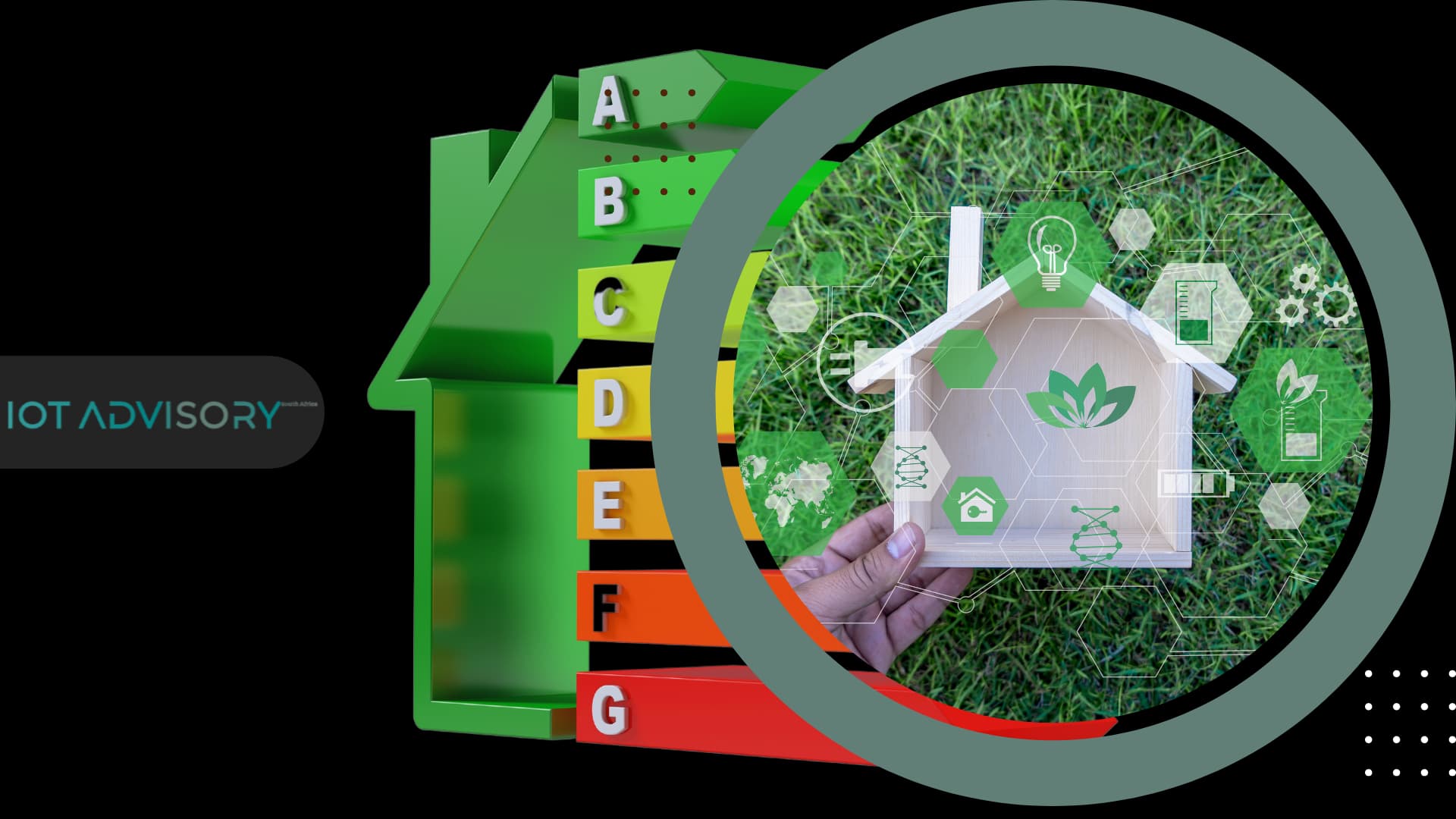As part of the efforts to decarbonise South Africa, which has approximately 15% of carbon emissions from buildings, legislation has to be implemented to encourage improving the energy performance of buildings to lower carbon emissions.
Energy performance to meet the different needs associated with the use of a building, which may include, inter alla, heating, hot water heating, cooling, ventilation and lighting but excluding measured or assessed energy consumed by garages, car parks and storage areas as well as energy consumed by outdoor services. Regulations were published by the Department of Minerals and Energy for the mandatory display and submission of energy performance certificates (EPC) for certain types of non-residential privately or government owned buildings as well as those operated or occupied by an organ of state. These non-residential buildings would be categorised for entertainment, public assembly, theatrical, indoor sport, places of instruction and offices in accordance with Regulation A20 of the National Building Regulations. The net floor area of the buildings that are required to display an EPC by 7 December 2022 are privately owned with a net floor area ≥2,000m2, and government-owned, occupied, or operated by an organ of state with a net floor area ≥1,000m2. For the purposes of the EPC, a building’s energy performance is measured in terms of kilowatt hours per square metre per annum (kWh/m2/pa) in accordance with the National EPC Standard (SANS 1544). Building owners and accounting officers are required to appoint a South African National Accreditation System (SANAS) accredited inspector to evaluate the property and prepare the EPC. The Regulation requires an accounting officer (organ of state) or the building owner (privately owned) to submit a certified copy of the building’s EPC to the South African National Energy Development Institute (SANEDI).The validity of the EPC will be for a period of 5 years from date of issue. The failure to display an EPC by 7 December 2022 is considered an offence. Penalties for non-compliance are considered an offence and the building owner or accounting officer (organ of state) will be liable on conviction to a fine not exceeding R5 million, imprisonment for a period not exceeding 5 years, or, both such fine and such imprisonment. It is intended for EPCs to serve initially as a measure of energy consumption, but eventually to improve the energy efficiency of existing buildings and contribute to the transition to a low carbon society. EPCs will be graded and improving the energy performance of a building will improve its grading and this is expected to also improve the ability to sell at improved value.Johannesburg-South Africa
© 2024 IoT Advisory South Africa.


